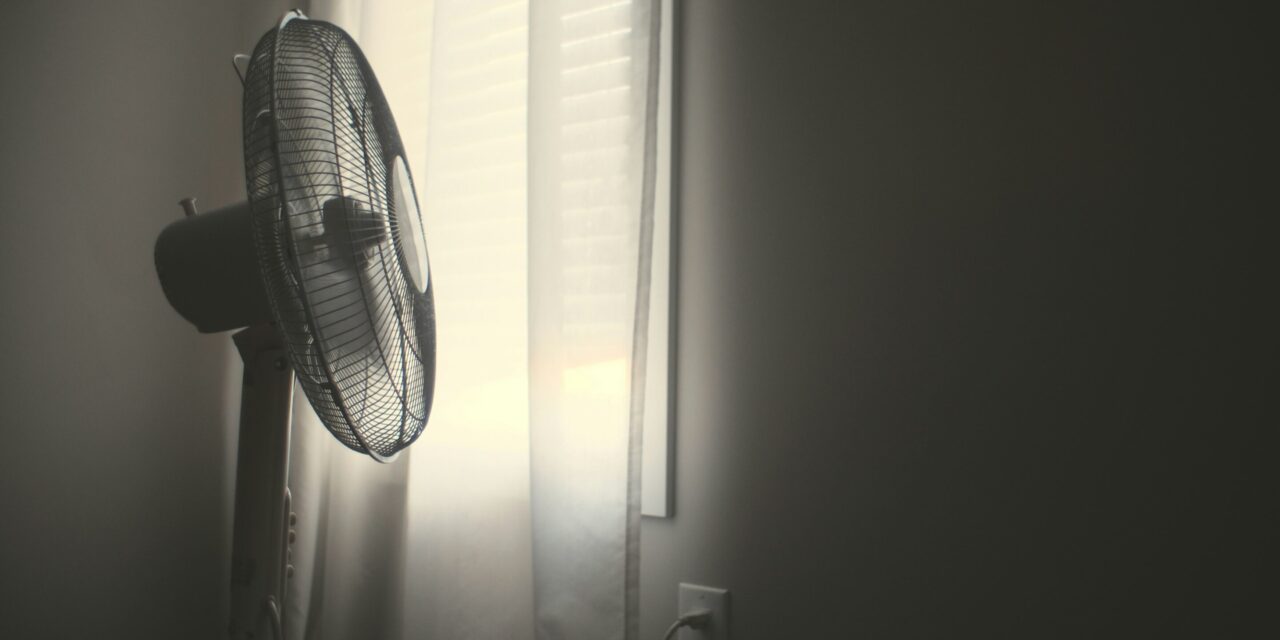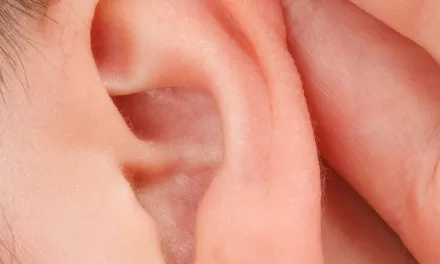As heatwaves become more frequent and severe due to climate change, finding effective ways to stay cool is crucial. However, a new study from the University of Ottawa suggests that relying on fans during extremely hot weather may not provide the cooling relief many expect.
Led by post-doctoral fellow Robert Meade, researchers at the Human and Environmental Physiology Research Unit at the University of Ottawa investigated the effectiveness of fans in cooling the body during heatwaves. Their findings, published in The Lancet Planetary Health, challenge the notion that fans are an effective solution for beating the heat.
“While fans can improve sweat evaporation, their cooling effect is limited, particularly in high temperatures,” explains Meade. “Even in younger adults, fans offer only a fraction of the cooling power provided by air conditioning. For older adults, who may have reduced sweat capacity, the benefits of fans are even smaller.”
The study, which utilized “human heat balance” modeling techniques, analyzed the potential cooling effects of fans under various scenarios. Results indicated that fans are unlikely to significantly lower core body temperature during extreme heat events, raising concerns about their efficacy as a cooling intervention.
“Fans are effective in circulating air and may provide some relief in moderate temperatures, but they are not a reliable solution in extreme heat,” Meade emphasizes. “As heatwaves become more common, it’s important for public health organizations to reconsider their recommendations regarding fan use and prioritize access to more effective cooling options.”
The study highlights the need for accessible and sustainable cooling solutions, particularly for vulnerable populations at higher risk of heat-related health issues. While air conditioning is effective, it can be costly and environmentally harmful. Therefore, researchers advocate for innovative approaches to improve the accessibility and sustainability of cooling technologies.
“Fans can still play a role in cooling, especially in conjunction with other strategies, but they are not a standalone solution during extreme heat,” Meade notes. “As we work towards creating healthier and more resilient communities, it’s essential to prioritize solutions that offer effective cooling without compromising environmental sustainability.”
The findings underscore the importance of proactive measures to address the challenges posed by rising temperatures and heatwaves, emphasizing the need for collaborative efforts to safeguard public health in a warming world.












